Three Years and Eight Months
Primary tabs
Introduction
This is an unusual book. It covers a topic we don't often read about in English - the experiences of the local Chinese and Eurasian population during the Japanese occupation of Hong Kong. And despite the dark subject, it has lots of colour illustrations and writes about the experiences of a young boy, making it attractive to a younger audience.
Sample pages from "Three Years and Eight Months", by Icy Smith
Click here to open pages 10-11 as a PDF document.
Click here to open pages 12-13 as a PDF document.
The young reader's view
I hope the book can help educate younger readers about this troubled time in Hong Kong's history. My older daughter is ten years old, and usually rolls her eyes if I mention anything to do with history, so I was interested to see what she'd make of it. I just left it on the table, and waited for her to notice the colourful cover...
Daughter: Is it a new book?
Me: Yes
D: Is it by the same author?
M: Who's that?
D: The same as these (goes to bookshelf and pulls out a couple of other books). I really love this book ("Half spoonful of rice", also by Icy). She writes good stories. (She settled down to start reading... )
D: (... later she reported back:) Just as good. You can tell her I really enjoy her books.
Icy says the book is written "for age 10 and up", but one review questioned whether the Remembering History section at the back of the book was suitable for young readers. The section has five pages of notes and black & white photos. Here's a sample:
The devastation began at the Kai Tak Airfield, Sham Shui Po Barracks, and residential areas in Kowloon. After 18 days of bloody fighting by the British, Indian, and Canadian forces against the overwhelming Japanese army, Hong Kong suffered great loss of life including 1,500 defenders. The Japanese army looted homes, burned villages, and assaulted and killed thousands of civilians. To celebrate their victory, the Japanese soldiers were given implicit permission to rob, rape, and kill anyone in Hong Kong.
You'll judge what's right for your own children. Here, my daughter simply closed the book when she came to the end of the illustrated story. But I don't mind that she'll read the notes at some point. She'll hear similar words used on the evening news, or in the daily papers, and we'll answer any questions she has about them.
How accurate is it?
In the dedication, Icy notes that her father, uncle and grandmother all "lived the reality of Hong Kong during the Japanese occupation." It's clear she draws on their experiences to write the story.
Then the acknowledgements mention "Bill Lake and Tony Banham, for their invaluable expertise and advice on military history."
With that background, it's no surprise that Icy has done a good job of keeping the book historically accurate.
How to order?
The original price for this book is US$ 20.95. But Icy has offered a special introductory price of HK$130, plus shipping.
To order in in Hong Kong, please contact Pauline Tang at paulinetang18@yahoo.com.hk. The special price per book is HK$130 + shipping fee of HK$20. If you are ordering multiple copies, please contact Pauline for the shipping fee.
For international book ordering, please contact info@eastwestdiscovery.com.
Be sure to mention that you are a reader of Gwulo.com when you place the order to receive your special book rate.
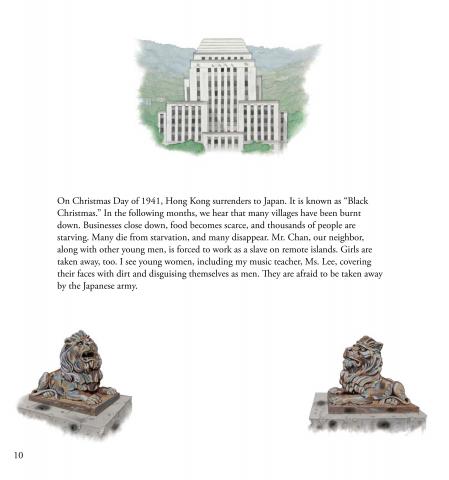
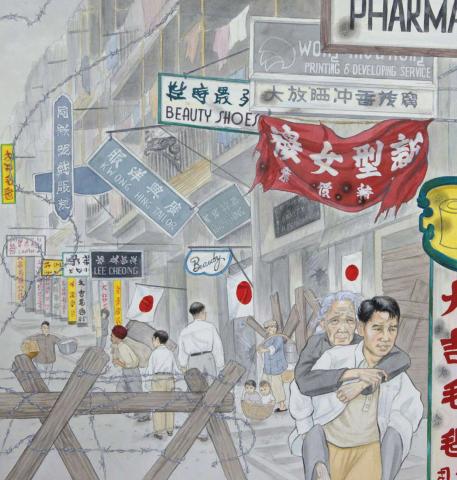
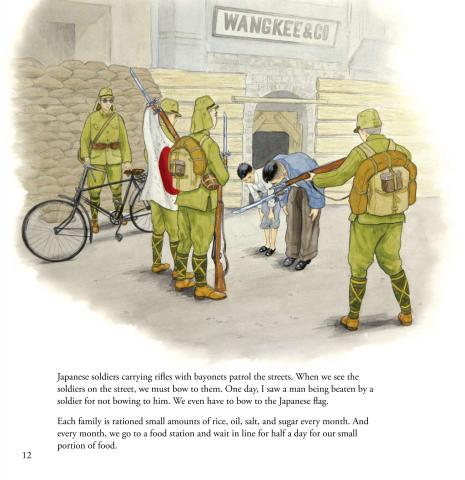
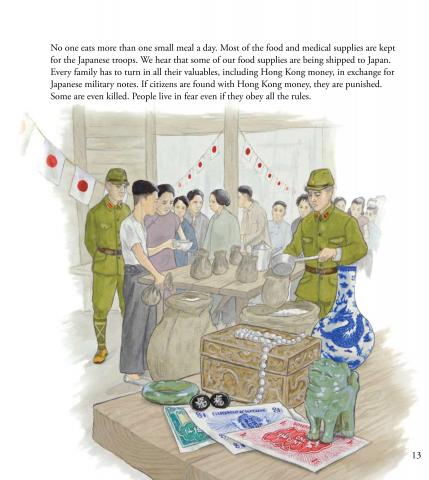

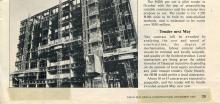
Comments
Who qualified ?
My great aunt Elizabeth Olson, who was a daughter of John Olson 1 and Ching Ah Fung, married and Englishman named Cyril Warnes and had two daughters one of whom was in HK during the invasion and I believe was interned at Stanley.
It was either Iris or Margery Warnes. Not sure which. Does this mean that Eurasians were/are so called because they were/are the first generation of an inter-racial marriage?
Sean
Who qualified?
Sean - do you mean who qualified to be interned? A Eurasian person could have been interned because they had British nationality. My mother's family were Eurasian, but were not interned because they were stateless. Her relatives in Shanghai were interned, because they were British nationals. Race and nationality are/were not synonymous.
Eurasians are so called because they are of mixed race. Whether they are the first generation products of an inter-racial marriage, or of a subsequent generation makes no difference.
Thanks Barbara
Thank you very much for setting me straight.
Of course I should hav thought it through. I assume my great aunt being married to an English born man would have had children of English nationality.
Again thanks.
Sean